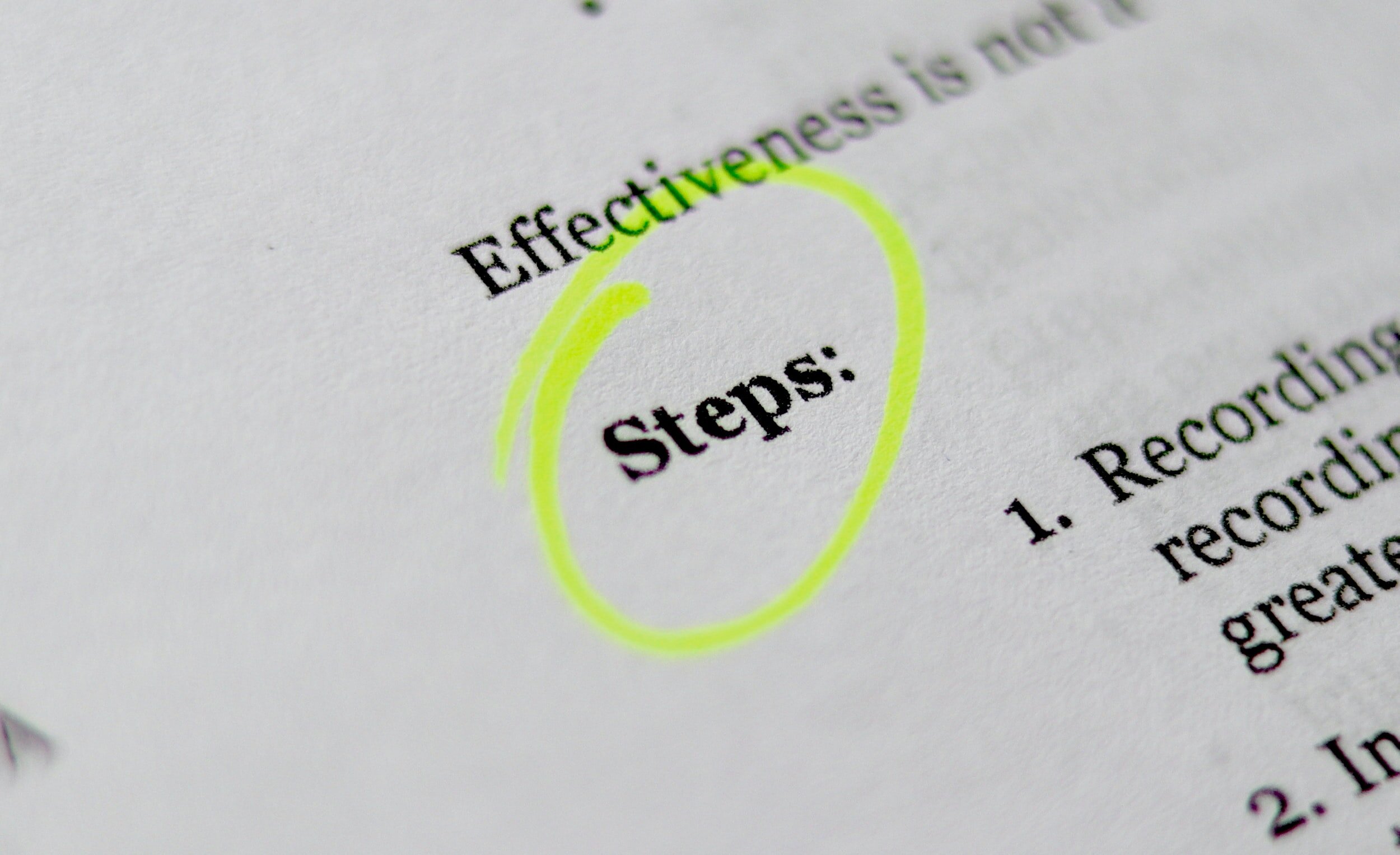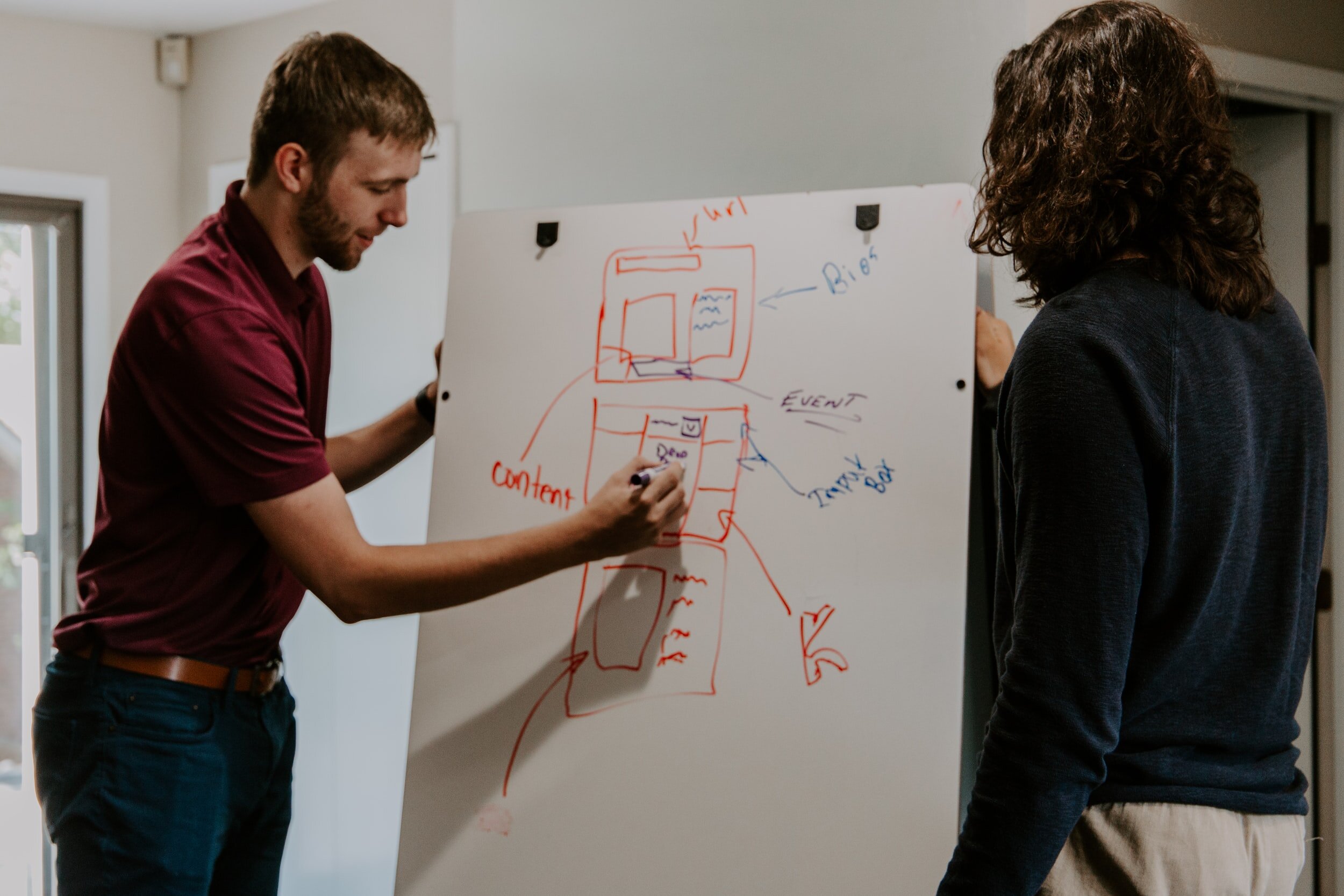How Business Analysts Can Avoid Confirmation Bias
/When we have a strong belief about something or a bias towards a particular opinion, we consciously or unconsciously seek out evidence that validates what we already believe. When we come across contrary evidence, our default behaviour is to ignore it, diminish it or in some cases, conclude that it’s wrong prematurely without exploring its merits. This behaviour is due to a cognitive bias known as confirmation bias.
As confirmation bias is so inherent in human reasoning, it requires a force of habit to completely avoid it. While this bias was spotted amongst academic and research scientists looking for confirmatory data to confirm their hypothesis, it’s a thinking flaw that can easily flow into our everyday lives and interactions.
Why is identifying confirmation bias important for business analysts?
Confirmation bias can have a damaging impact on analysis results. As an analyst, you can’t afford to ignore new information that comes to the fore, as it can help you make better decisions while adding credibility to your findings and recommendations to the business.
Here’s how you can adopt new habits and reduce the occurrence of confirmation bias while on the job:
Avoid using ambiguous information to support your position: Clarify all assumptions, suppositions and opinions by calling stakeholders to the table or seeking out clarity. If you are not clear on a situation, your natural instincts, especially in the face of tight deadlines and multiple projects, would be to interpret it based on your existing understanding. Go out of your way to seek the truth so that in the end, your judgment will not be questioned.
Explore alternatives: It’s great that you’ve discovered a solution you believe the business should go with. Now it’s time to test your ideas. Do other people have the same opinion? What dissenting views are there? Put your ideas out there and don’t brush off alternative or contrary opinions.
Be ethical: No one likes being proven wrong, especially when the cost of being wrong is high. Perhaps you’ve already proposed a solution publicly and you’d like to save face. What could be worse than retracing your steps and admitting to a client or sponsor that you made a mistake? Sometimes, the perceived cost of being wrong forces us to consciously search for evidence to support our position even when valid evidence exists to the contrary. You’ll however, have to consider if saving face is a higher priority than doing what’s right for the business.
Constantly seek feedback: Let someone review your work, even if it’s a peer. Bounce your ideas around. Feedback will expose contrary opinions and other aspects of a situation you may not have considered. Assign someone to be the devil’s advocate so you can get sufficient critique. Constantly ask, “How am I doing this wrong?” or “What can I do to make this better?”
Avoid bias during stakeholder engagement: Confirmation bias may crop up even when phrasing questions. Imagine you are working on a project where the options of implementation include in-house development, buying off-the-shelf software or outsourcing development. If you already believe that buying off-the-shelf software is the way to go, you would focus more on convincing management of the benefits of this approach, while downplaying its cons even though it could prove to be more expensive on the long run, spin out of control, or become prone to security issues.
How we frame questions during requirements elicitation also has an impact on what kind of responses we get:
Are you happy with the current process?
Are you not happy with the current process?
You’re bound to come up with more positive responses when you ask the first question compared with the responses you get on asking the second question. BAs, like data scientists have to work by certain codes, which if violated, may cause them to lose credibility. Business analysts should table all practical alternatives for relevant stakeholders’ consideration, not just the ones that push forward or support their opinions, and should avoid:
Validating evidence they know to be false. If the evidence supporting a position is weak or false, BAs should not present it as fact
Exploiting ambiguous situations to their advantage
Failing to disclose contradictory evidence which can affect the client’s assessment of a situation
Cherry picking information but assess available information based on merit.
What has been your experience with confirmation bias?










Transporting hazardous liquids is a critical operation across industries like chemicals, mining, and agriculture. With growing demand and increasing emphasis on sustainability, businesses are facing heightened challenges and responsibilities in 2025